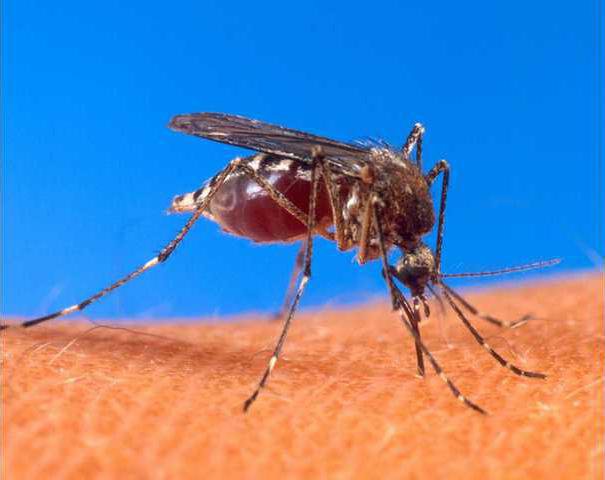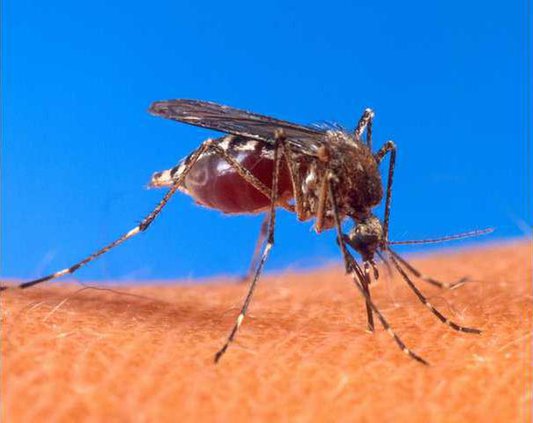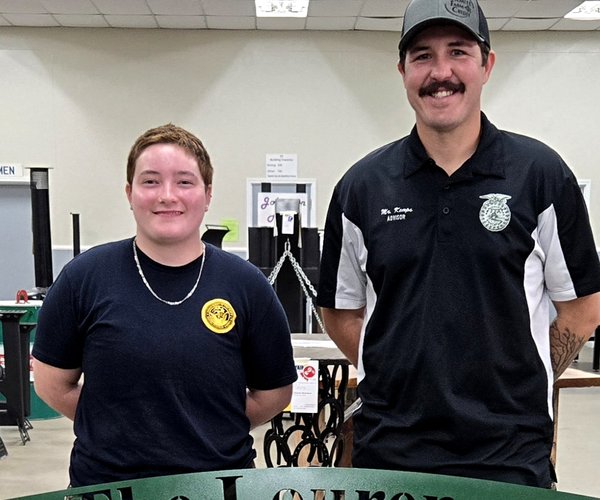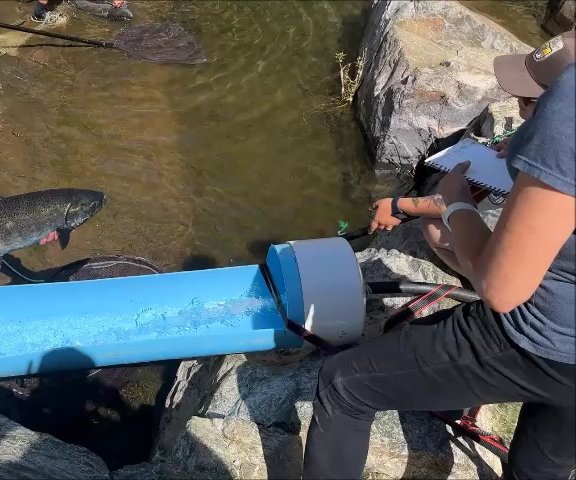Stanislaus County Health Services Agency announced Monday that a 74-year-old man died from exposure to West Nile Virus, marking the county’s first fatality from the disease.
“This serves as a warning that WNV is a serious disease that may lead to hospitalization and can even result in death,” said Stanislaus County Public Health Officer Dr. Julie Vaishampayan.
To date county health officials have confirmed five cases of neuroinvasive West Nile Virus, seven cases of West Nile fever and three asymptomatic infections in blood donors. An additional 20 cases are awaiting official diagnosis, which has been hampered because of the presence of St. Louis encephalitis virus. Health officials are having to perform additional tests to differentiate between the two viruses.
The age range of symptomatic cases is between 21 years to 77 years, according to the health services agency.
Most often, West Nile Virus is spread by the bite of an infected mosquito. Mosquitoes become infected when they feed on infected birds. Infected mosquitoes can then spread West Nile Virus to humans and other animals when they bite. Hot weather, abandoned swimming pools and standing water create ideal conditions for the development of mosquitoes and the subsequent spread of the virus.
Approximately 1 in 5 people who are infected with West Nile virus will develop symptoms such as fever, headache, body aches, joint pains, vomiting, diarrhea, or rash. Less than 1 percent will develop a serious neurologic illness such as encephalitis or meningitis (inflammation of the brain or surrounding tissues). About 10 percent of people who develop neurologic infection due to West Nile virus will die, according to the Centers for Disease Control and Prevention. People over 50 years of age and those with certain medical conditions, such as cancer, diabetes, hypertension, kidney disease, and organ transplants, are at greater risk for serious illness.
There are no medications to treat or vaccines to prevent West Nile Virus infection. People with milder illnesses typically recover on their own, although symptoms may last for several weeks or months. In the neuroinvasive forms, patients can suffer severe and sometimes long-term symptoms. Older people and those with weakened immune symptoms usually have the greatest risk of developing serious complications.
In Stanislaus County the West Nile Virus season can extend through October.
As of Friday, the California Department of Public Health has recorded 211 human cases of the virus in 18 counties. All total, 43 counties in the state have confirmed West Nile Virus activity.
Public health officials recommend that individuals prevent exposure to mosquito bites and WNV by following the “Four Ds”:
1. DEET – Apply insect repellent containing DEET, picaridin, oil of lemon eucalyptus or IR3535 according to label instructions to keep mosquitoes from biting you. Apply repellents only to exposed skin and/or clothing. DEET can be used safely on infants and children two (2) months of age and older.
2. DAWN AND DUSK – Mosquitoes that carry WNV tend to bite in the early morning and evening so it is important to wear repellent at this time. Make sure that your doors and windows have tight-fitting screens to keep out mosquitoes. Repair or replace screens with tears or holes.
3. DRESS – Wear clothing that reduces the risk of skin exposure to mosquito bites (i.e., long pants and long-sleeved shirts).
4. DRAIN – Mosquitoes lay their eggs on standing water. Eliminate all sources of standing water on your property, including flower pots, old car tires, rain gutters and pet bowls. If you have a pond, use mosquito fish or commercially available products to eliminate mosquito larvae. Neglected swimming pools are also prime place for mosquito breeding. The Turlock Mosquito Abatement District is available to help with neglected pools in the prevention of mosquito development. To request District service, call 634- or visit the District website at http://www.turlockmosquito.org/






